Tony Blair blocked ‘OTT’ race equality strategy after Stephen Lawrence murder
Downing Street aides were worried about right-wing press reaction to white paper on race equality
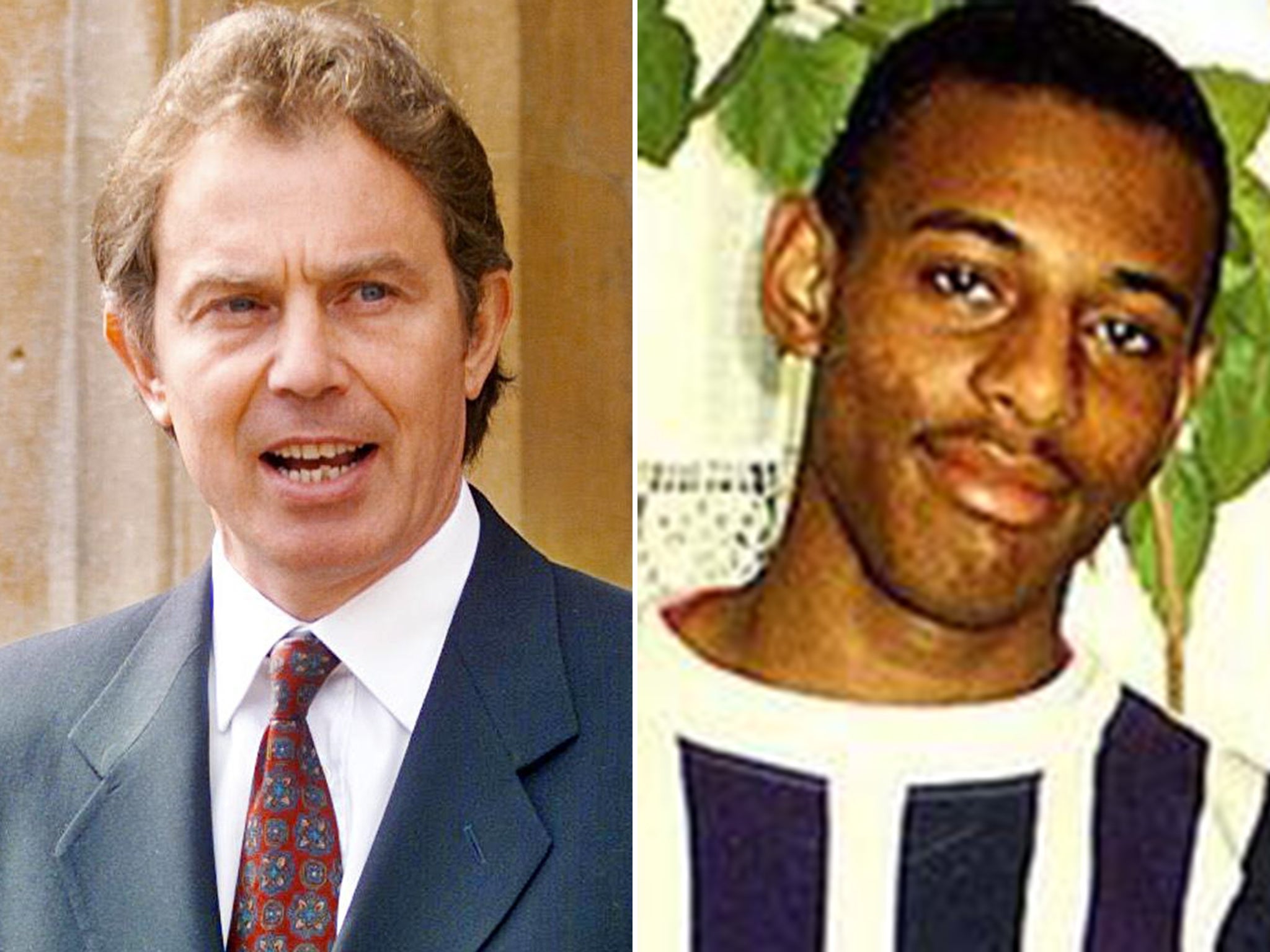
Tony Blair has defended his record as prime minister after newly released documents revealed he vetoed a proposed strategy to tackle racial inequality following the racist killing of Stephen Lawrence.
The former Labour prime minister was sceptical about proposals for a government white paper, expressing concern that it could result in a “regulation nightmare”.
The landmark Macpherson report, published in February 1999, set out wide-ranging proposals for reform after it found that the Metropolitan Police investigation into the murder had failed in part due to “institutional racism”.
In response, then-home secretary, Jack Straw, who had commissioned the inquiry, wanted to publish a government white paper with a 10-year strategy for tackling racial inequality but faced pushback from Mr Blair, who argued that “we do not want to go OTT on this”.
The former PM appeared to double down on his decision on Wednesday, pointing to ministerial achievements during his tenure. “The government took a whole raft of actions, including on recruitment, and in fact implemented the Macpherson report,” a spokesperson told The Independent.
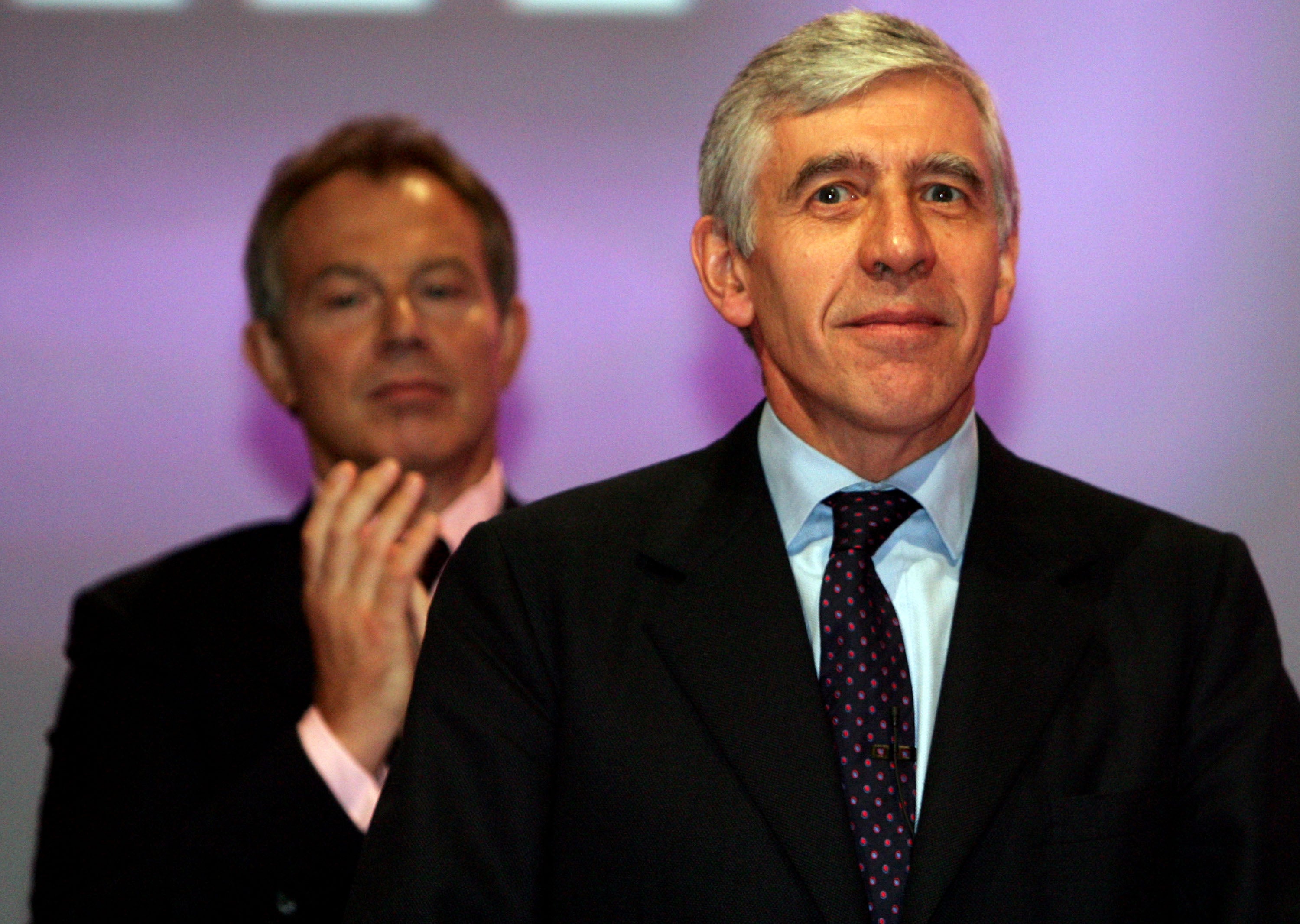
In a letter to Mr Blair in December 1998, ahead of the inquiry’s expected report early the following year, Mr Straw explained that he wanted to be able to announce a white paper including a commitment by all government departments to prioritise race equality.
“At the extreme, black and Asian youngsters have observed their grandparents and parents suffer discrimination, harassment and racial violence and are developing very hardened attitudes against the white community,” he wrote.
“We have to win back their confidence in the institutions of British society.”
In No 10, however, there were deep reservations about this idea and the plan was duly abandoned.
Angus Lapsley, an official in Mr Blair’s private office, noted that they were not particularly enthusiastic about a suggestion that police officers who used racist language or committed racist acts should lose their jobs, pointing to the possible press reaction.
“This could easily become a Telegraph cause celebre if taken too far,” he noted.
In a handwritten note in the margin, Mr Blair wrote “I agree” and added “We do not want to go OTT on this. You’re right.”
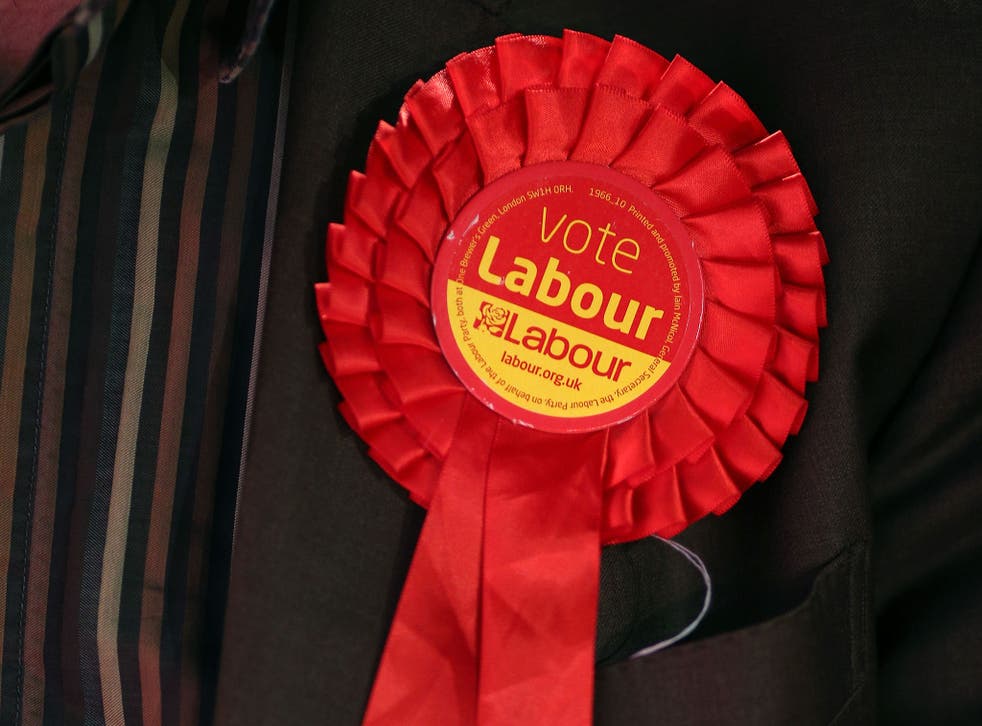
Elsewhere in the files he scrawled: “I really don’t want a regulation nightmare out of this.”
“The prime minister said that he shared the home secretary’s political objectives and it was clear that the government needed to have a clear and positive agenda for change,” the official note of the meeting stated.
“However, a white paper would offer too many hostages to fortune and the government would find itself under pressure to include all sorts of measures that it would prefer to avoid.”
Instead, Mr Blair agreed that Mr Straw could publish a series of separate consultation papers responding to the main recommendations in the inquiry report.
Earlier this year, a Home Affairs Select Committee found that “deep-rooted” racial inequalities persist in policing, 22 years on from the publication of the Macpherson report.
A Home Office spokesperson said: “The Macpherson Report left an indelible mark on policing following the terrible murder of Stephen Lawrence.
“Good progress has been made since its publication. Our police are more diverse than ever before, forces have worked hard to improve community engagement and we have seen major improvements in the way the police deal with racist crimes.
“But we know there is much more to do – that is why attracting more officers from a wide range of ethnic and socio-economic backgrounds is a core ambition of our drive to recruit an extra 20,000 officers.”
The Independent has approached Baroness Doreen Lawrence, Stephen Lawrence Day Foundation, the Labour Party and Downing Street for comment.
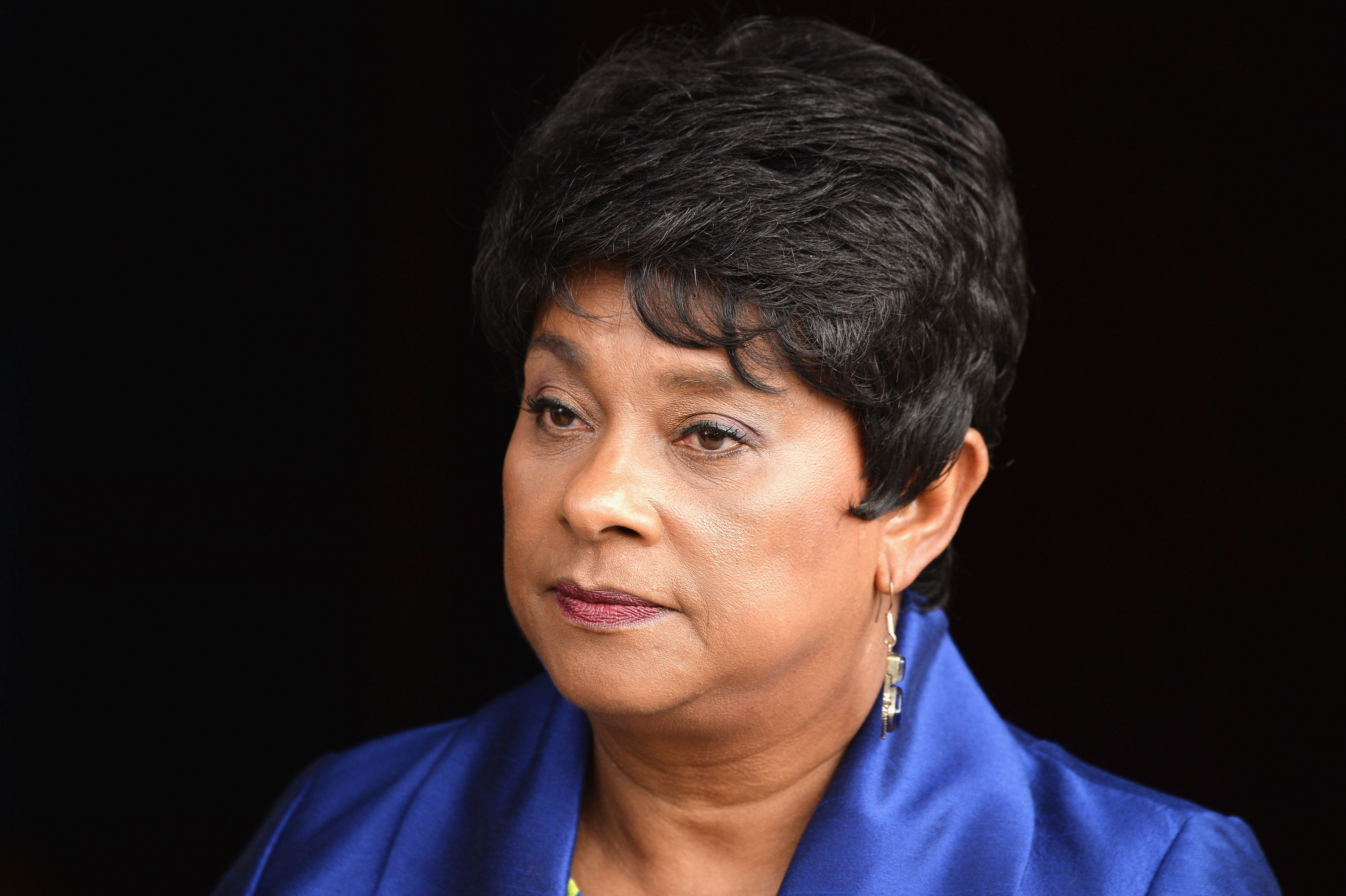
It comes amid growing concern around anti-black racism within the Labour Party.
Last week, former Manchester councillor Marcia Hutchinson resigned from her role and the party, claiming: “I have endured more racism and bullying in my five years in the Labour Party than the rest of my life combined. There is no point in staying if I can’t make a difference.”
Anna Rothery, a former Liverpool councillor and former lord mayor of the city, quit the party last month following what she said were “attacks” from leadership and a failure to prioritise equalities agendas.
“The leadership is more interested carrying out internal party vendettas than standing up for our people, our black community and our LGBTQIA community,” she claimed.
While black Labour voters continue to disassociate with the party, questions have been raised about its legacy as publication of the long-awaited Forde Inquiry into anti-semitism in the party between 2014 and 2019 – which also covers allegations of abuse towards some black Labour MPs – has been indefinitely delayed.
Join our commenting forum
Join thought-provoking conversations, follow other Independent readers and see their replies
Comments
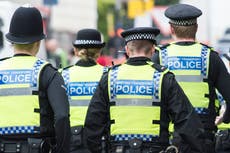
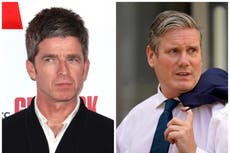
Bookmark popover
Removed from bookmarks